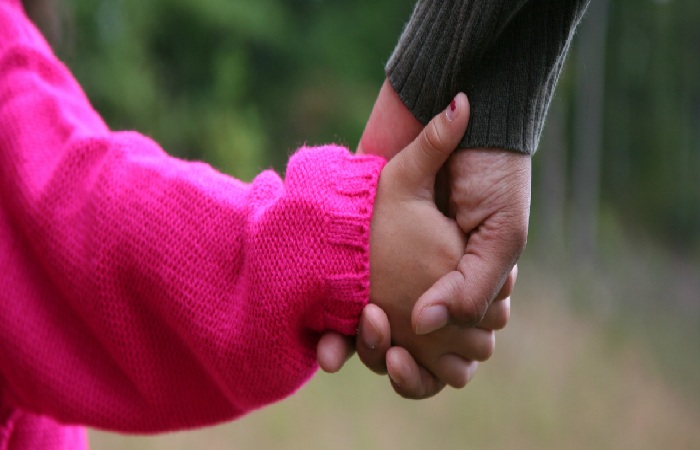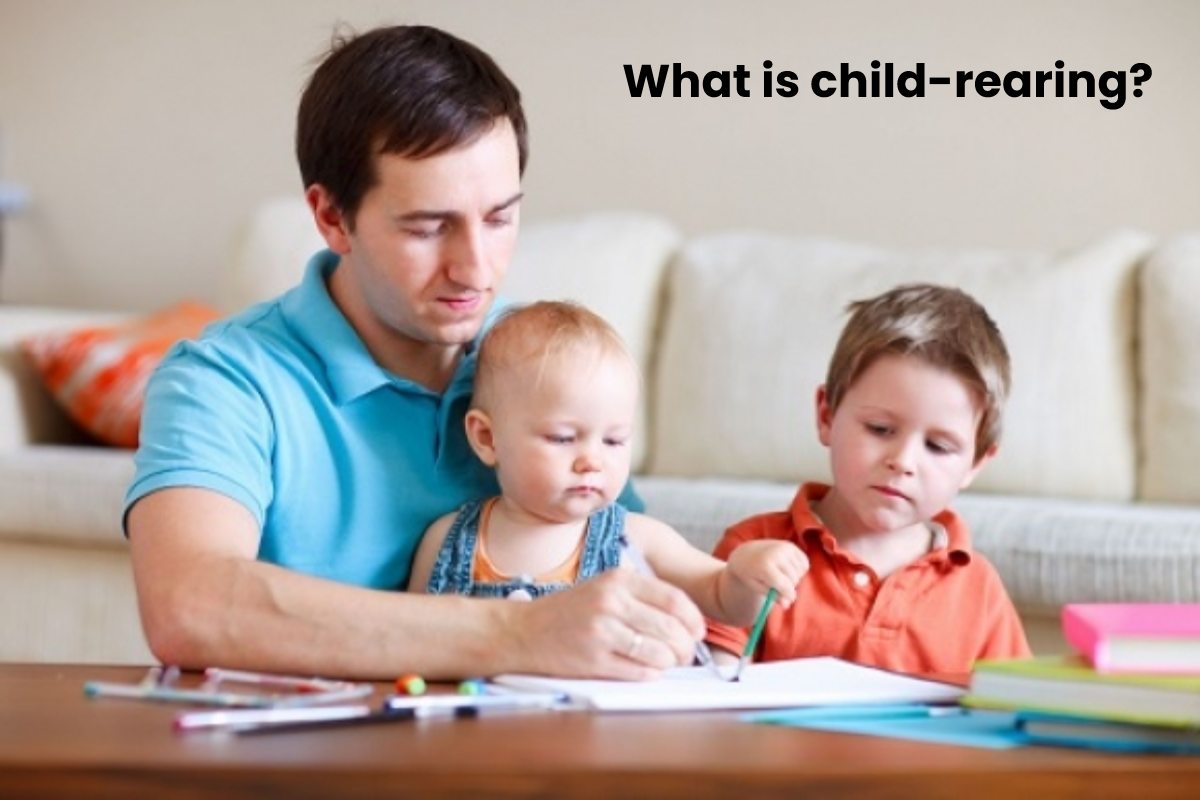Child-rearing implies providing them with adequate material and emotional support to develop their capacities fully. Children need accompaniment from adults to survive in childhood and reach maturity healthily and fully.
While we cannot live adequately in society without money and material belongings, love, support, understanding, and compassion are worth much more than gold. They are the fundamental components of good Child-rearing.
The primary responsibility for upbringing rests with the minor’s parents (biological or adoptive) or guardians. In any case, the process occurs in interaction with society in general and with the State. The law establishes certain obligations that those responsible for a child must comply with, including sending the child to school.
Table of Contents
The importance of Rearing
Most parents want to increase their children to be successful and happy adults; we overthink that purpose and perhaps not so much about how to do it. One of the most common mistakes we make is being too aware of their behaviour at a given moment rather than the reason for that behaviour, what they want to achieve; that’s where we have to look. When we talk about babies, we know that they cry to fulfil specific needs “eat, hygiene, sleep,” it is their way of communicating.
When we talk about older children, things get complicated because their repertoire of behaviours is more significant, and sometimes it is not so easy to decipher. We are constantly subjected to people’s judgments, “do this to him and put that to him.” Still, the reality of parents is accepting from within, from our own experience of motherhood and fatherhood. Many times from the outside, it is straightforward to give opinions and give guidelines.

Keys to giving an excellent childhood to our children
Agree our Rearing
The most important thing we have to be right about is the joint agreement of the parents or the people in charge of raising the child.
It is not worth the father doing one thing, the grandmother another, and the uncle another, and I know it isn’t easy.
There are often disputes because raising it is a parent thing and pampering is a thing of other relatives, and this is fine, but always within certain limits.
Be aware of our attitude
Children are liable; we cannot educate them in different ways. Severe problems can arise, not only for the child but also for his environment; if this is not clear, many couples even separate for not speaking about these things in time,
we all want the good of our children; by doing this, we are favouring them. It is about reaching agreements, not impressive one another person always, I constantly repeat, thinking of the child’s benefit.
Respect their needs
Returning to looking at the needs that children pursue with different behaviours, as the baby grows, his repertoire of behaviours increases; crying is not so much the mode of communication; a great variety of responses to various needs begin to exist. Everything becomes more complicated, and we have to find out why what it does, what it wants, and what context it does. Most of the time, the problem is not performance or the need they pursue but instead in the response that parents give to these situations, such as punishment or scolding. Be careful with this; I do not say no You have to punish or scold. Of course, you have to do it, but the desired effect frequently got, so when a contingency is not having the result we expect, you have to change the response; that response can help us in other situations,
Be patient
The way to look for an alternative is to arm ourselves with patience and, as much as it costs us, not to pay so much attention to the behavior if not to find out its purpose. On many occasions, parents find themselves arm-wrestling with the child; when you want them to pay attention to something and the child doesn’t want to, you repeat it a thousand times, and the child doesn’t want to. We go crazy because we say, “what, no? I say to you that yes, that you do it” here begins a tantrum, kicking, crying, and others; many times the father wins, many times the son wins because there is nothing left but to give in. When the son wins, imagine what happens, that he learns that this is what he always has to do because he has achieved it. When the father wins, the child does not know a lesson; what the child is learning is that he has lost that battle, and I do not think it is good to teach a child to fail.
Adapt to the rules
If we help children to adapt to the rules, we will be facilitating the development of specific capacities; it is also essential to let them make decisions for themselves within those limits,
for example, allowing them to choose their clothes as long as it is cold is winter clothes. In this way, their problem-solving capacity will increase because we take away opportunities to continue developing when we overprotect.
Childhood is a very energetic stage in the growth of people, and one of the things that will most influence learning and performance of functions is feeling safe. We, adults, are responsible for providing that security to the child. They know that we are always there to help them and know that their mistakes will not cost them.
Positive child-rearing Tips
Parenting is a process that makes your child accessible. As a parent, you give your child a good start in life by nurturing, protecting, and guiding him. As your child grows and grows, there are many things he can do to help. These links will help you learn extra about your child’s development, positive parenting, safety, and health at every stage of your child’s life.
Conclusion
The parent-child relationship is significant because it lays the basis for the child’s personality, life choices, and overall performance. It can also distress the strength of their social, physical, mental, and expressive health.

